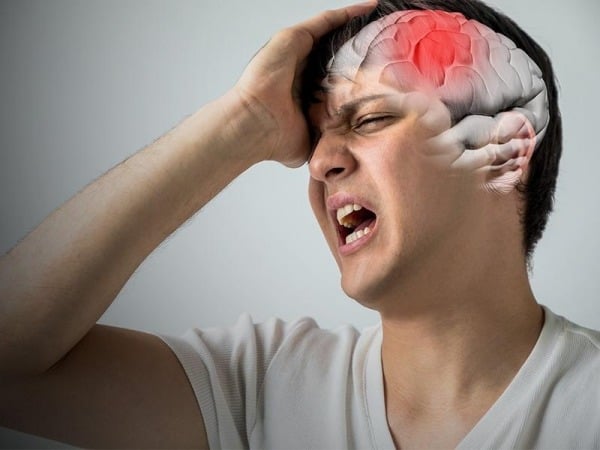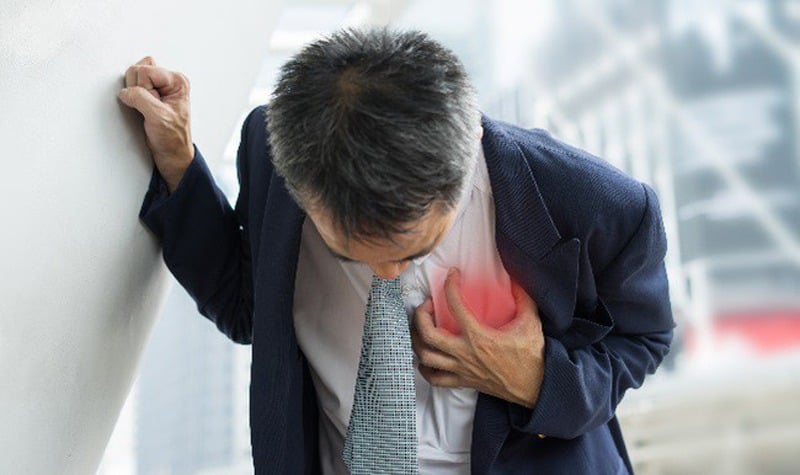A doctor shared with Express that certain early signs may indicate an impending stroke. Symptoms include one side of the face drooping, inability to move one side of the body, including the arm and leg.
The initial signs of a stroke can be slightly different as it is caused by a blood clot in the brain, which results in intense headaches due to the build-up of pressure within the skull.
One early warning sign indicating an increased risk of an imminent stroke is severe nausea or vomiting. Thirdly, according to the doctor, persistent hiccups accompanied by chest pain could be a warning sign of an upcoming stroke.

Additionally, other signs such as loss of vision or changes in vision, sudden dizziness, loss of balance or coordination, feeling confused or experiencing difficulty in understanding things, and numbness or weakness on one side of the body should not be ignored.
Certain symptoms may act as a forewarning of a stroke, and some experts believe they can manifest up to a week before the event. However, for many, these warning signs may appear suddenly.
Experts recommend magnesium supplementation and adhering to a low-carbohydrate diet. Research from the National Institutes of Health (NIH) in the United States indicates that for every 100 mg/day increase in magnesium, the risk of stroke decreases by 2%.

Furthermore, a meta-analysis by Cambridge University Press and Evaluation found that a diet rich in vitamin E could reduce the risk of stroke by up to 17% compared to those consuming less vitamin E.
Vitamin E can be obtained through supplements or naturally from foods such as vegetable oils, nuts, and seeds like almonds, peanuts, and sunflower seeds, as well as fruits and vegetables including avocados, mangoes, kiwis, spinach, broccoli, and red bell peppers. It is also present in fortified foods such as cereals and fruit juices.
































